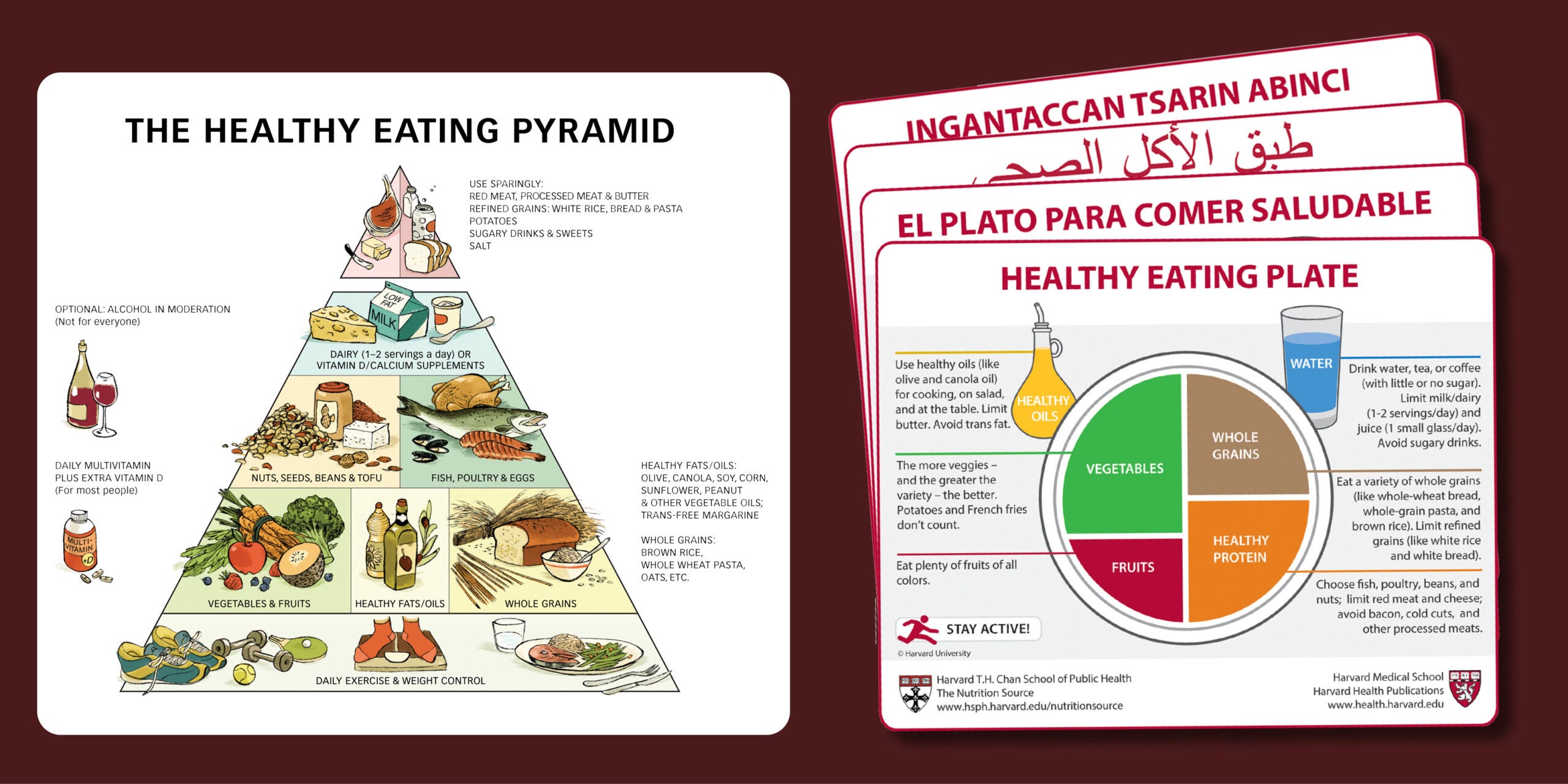Department of Nutrition
We research how nutrition affects human health at molecular and population levels to shape public policy and help people make better diet and lifestyle choices.
665 Huntington Avenue
Building 2
Boston, MA 02115

Mission and History
Our mission is to improve human and planetary health through better nutrition and lifestyle. We strive to accomplish this goal through research aimed at an increased understanding of how diet influences health at molecular and population levels, the development of nutritional strategies, informing policy, the education of researchers and practitioners, and the dissemination of nutrition information to health professionals and the public.
History










The Department of Nutrition was first established in 1942, at the height of World War II. At the time, it was located within the Harvard Medical School’s Department of Biochemistry and focused on researching wartime nutrition concerns, such as intravenous feeding and malaria. Over the years, research directions expanded to include atherosclerosis, heart disease, obesity, cancer, food policy, nutrition education, and undernutrition in low-income countries.
Scientific discoveries made at the department have informed several public health policies. For example, the development of the original “Basic Four Food Groups” led the U.S. Department of Agriculture to establish the “Basic Four” in 1956, helping popularize the importance of a balanced diet.
More recently, department research linking consumption of trans fatty acids with increased risk of heart disease informed the U.S. Food and Drug Administration’s 2006 decision requiring that nutrition labels list trans fat content. This was followed by the landmark 2015 ruling that artificial trans fats (partially hydrogenated oils) are not “generally regarded as safe” for human consumption—thus requiring their removal from processed food products.
Other groundbreaking discoveries made by our faculty—such as the connection between sugary beverages and type 2 diabetes risk, and between the DASH diet and blood pressure reduction—have also made a major impact on public health policies in the U.S. and around the world.
Today, the Department remains at the forefront of groundbreaking discoveries, significantly contributing to precision nutrition research through omics technologies, promoting healthy aging and longevity through evidence-based strategies, and developing more advanced dietary assessment tools and novel biomarkers for disease predictions.